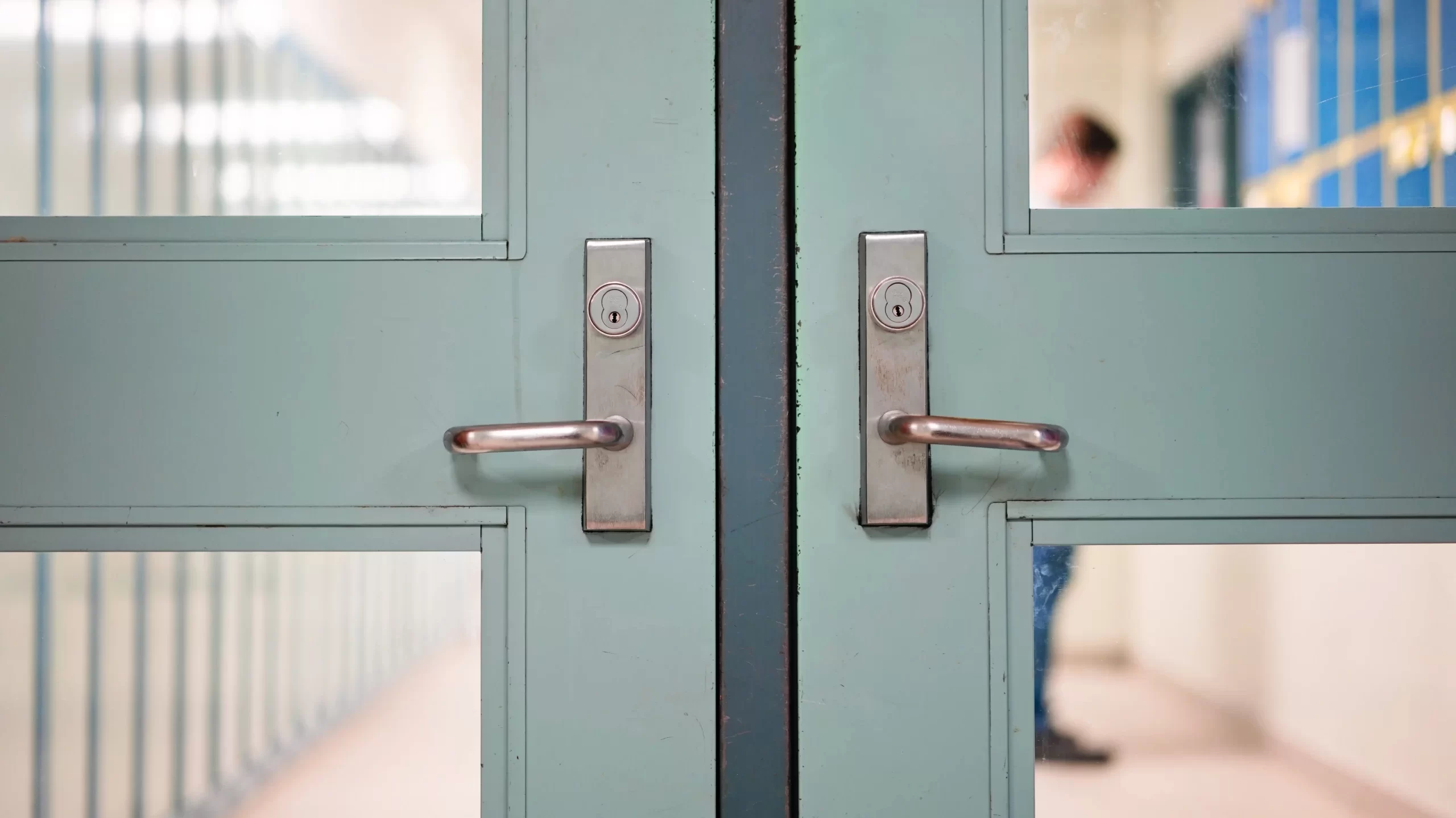|
Getting your Trinity Audio player ready...
|
The Alabama House of Representatives passed legislation Wednesday to enhance penalties for certain terrorist threats in the wake of threats at schools in recent months.
HB233 by Rep. Alan Baker, R-Brewton, would remove the requirement that a threat must be credible and imminent in order to constitute the crime of making a terrorist threat in the second degree.
The bill would also make a second or any subsequent conviction of making a second-degree terrorist threat a Class D Felony. A first offense would remain a Class A Misdemeanor as it is under current law.
“Any time that there is a threat that is called in or maybe communicated by a student, it’s where school officials must treat that as a credible threat,” Baker said. “You’re talking about the expenses involved with law enforcement to check out whether that threat was credible … as well as the disruption to the school day. You may have parents who don’t send their kids back to school the next three or four days because of the panic the threat created.”
The bill drew a few questions from Democrats on the House floor, who wondered aloud whether the increased penalty is the solution to the problem.
The House ultimately passed the bill with 90 votes in favor and 11 abstentions. No lawmakers voted against the bill.
A companion bill from Baker, HB234, then got mired in debate. The bill would require school boards to select certain employees to be equipped with “a mobile emergency rapid response system” that “immediately connects directly to the locally serving public safety answering point” and “provides accurate location information to the room and floor level inside the facility and to specific areas that are part of school grounds.”
Baker said this system prevented additional deaths and injuries during a school shooting in Georgia in which four individuals were killed.
Lawmakers from both sides of the aisle questioned the viability of the system.
Rep. Rick Rehm, R-Dothan, questioned the level of local control over the system and the cost of implementing the system.
With lawmakers facing a ticking clock with their annual Senate vs House baseball game, the bill was carried over for further discussion.














































